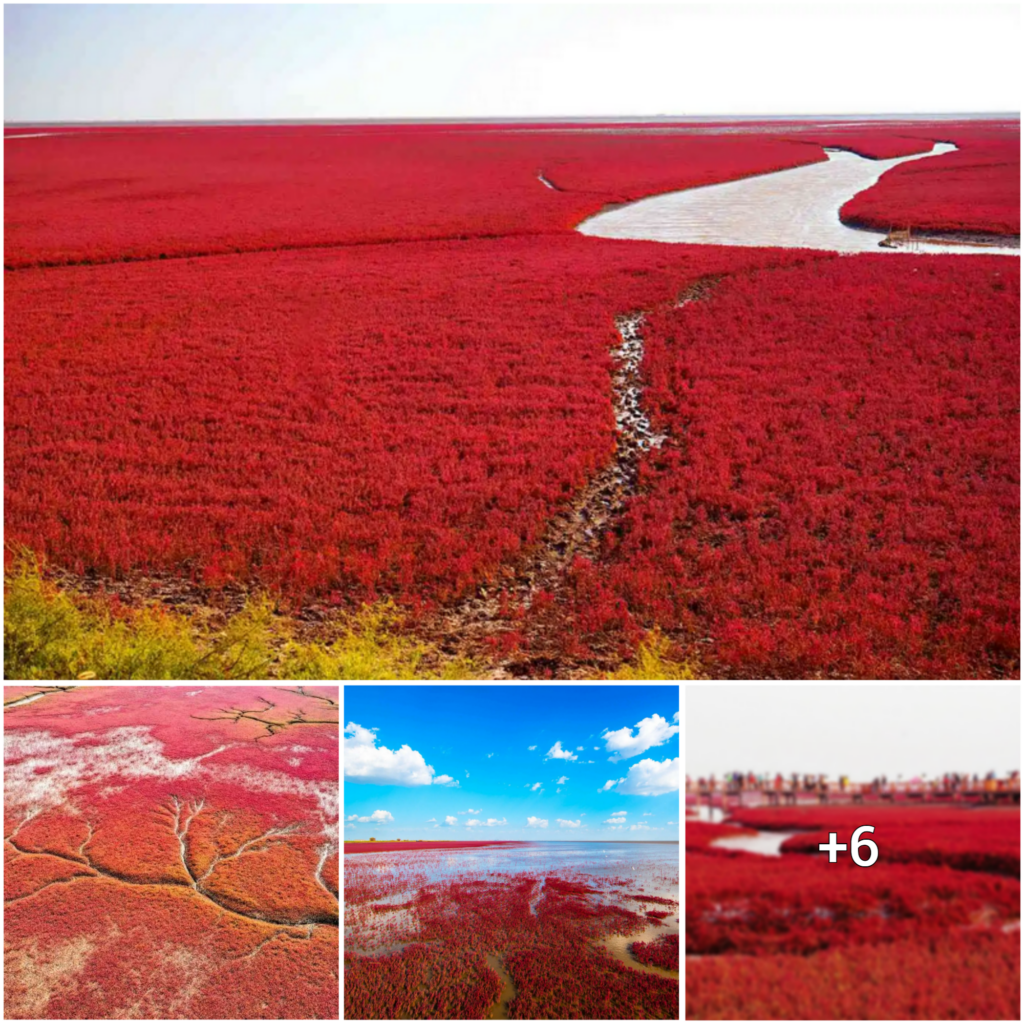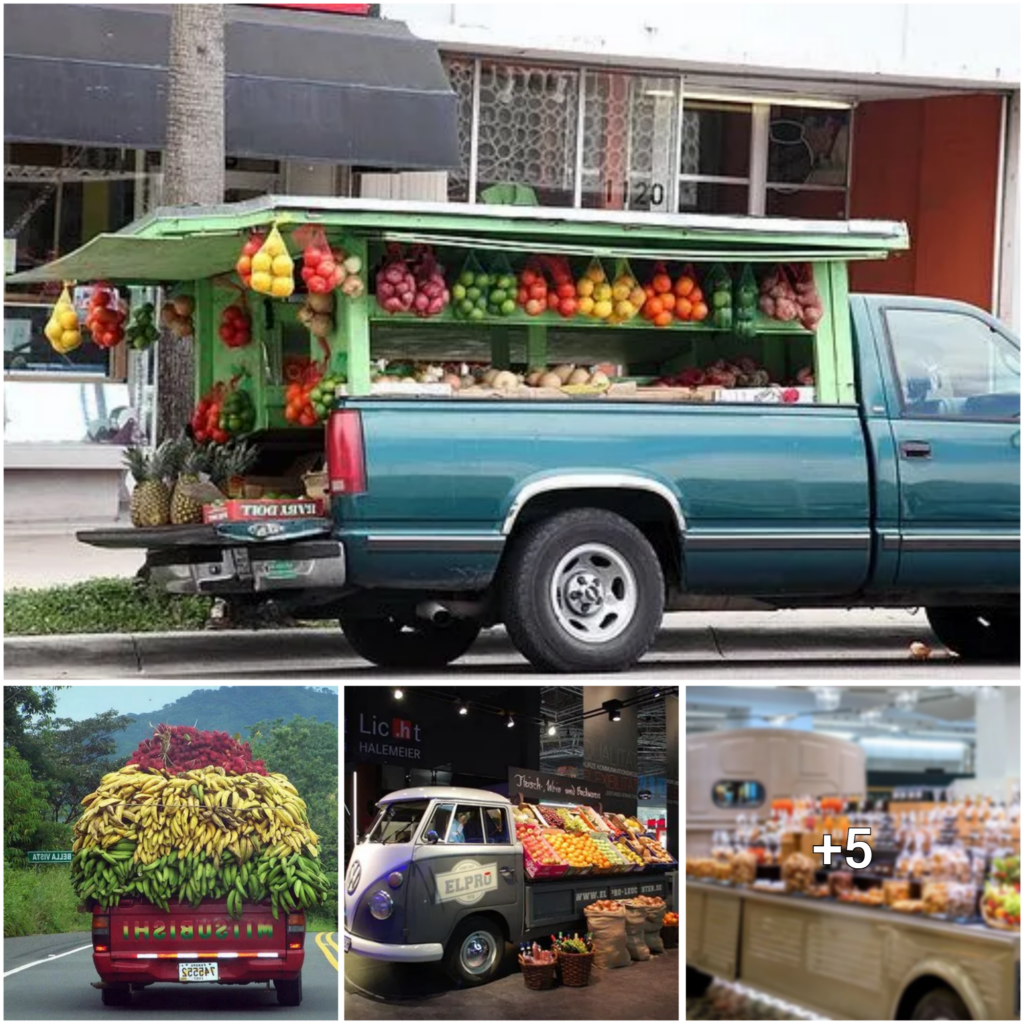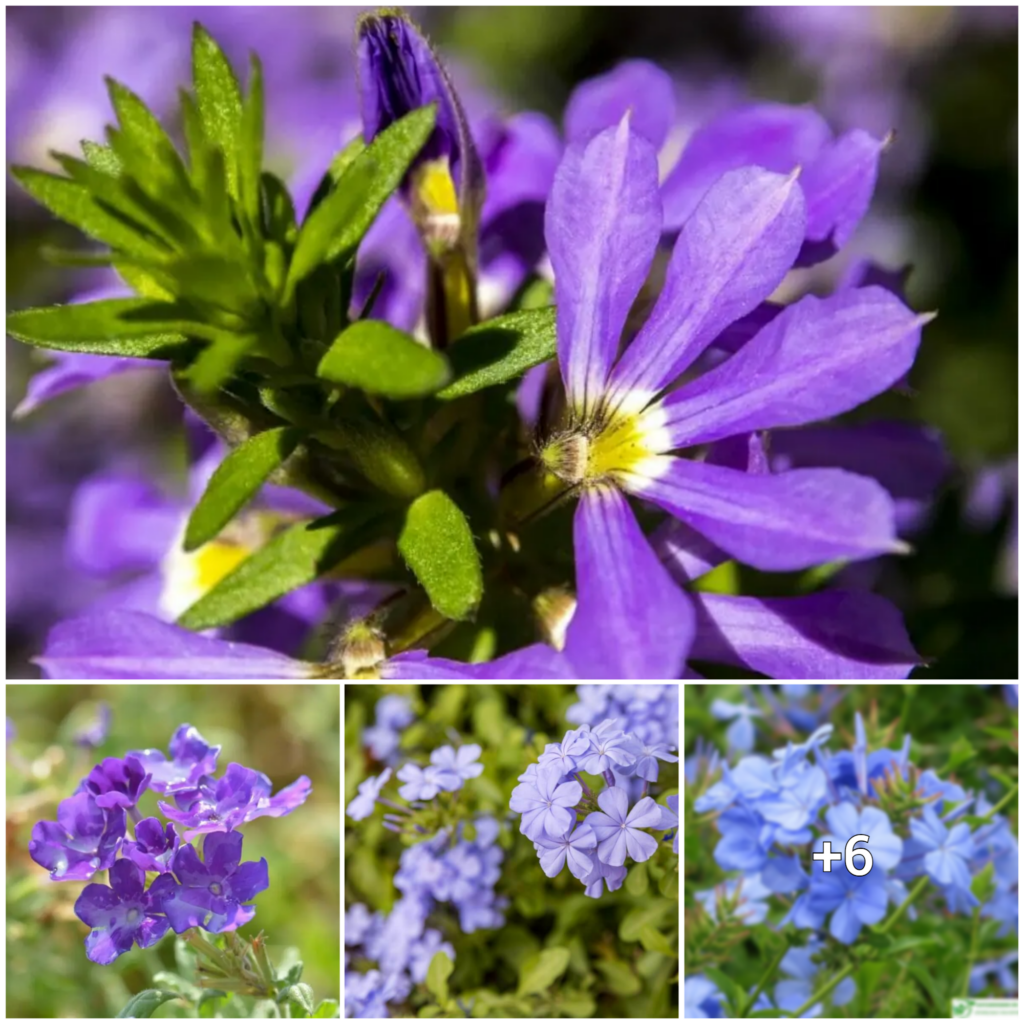In many countries with scenic landscapes, the rivers and waterways are adorned by beautiful floating fruit barges. These rustic boats carry a colourful array of fresh fruits and vegetables, creating a stunning image that showcases the importance of agriculture and cultural traditions. This article takes a deeper look at the captivating world of these floating fruit barges, delving into their past, meaning, and the unforgettable experience they provide to both visitors and locals.

Fruit-laden boats, also known as floating markets, have a long-standing history in various riverine regions. These barges have been used for centuries to transport goods, particularly fresh produce, from farms and orchards to busy towns and cities. As time passed, these floating markets became important cultural symbols, preserving traditional methods of commerce and fostering community interaction.

A Celebration of the Senses: As the dawn breaks, these buoyant produce vessels come into view, brimming with a rainbow of fruits and veggies. Juicy oranges, ripe mangoes, mouth-watering watermelons, and an assortment of exotic treats form a stunning visual spectacle for spectators. The atmosphere is saturated with the aroma of fresh-picked goods, while the animated chatter of vendors and haggling shoppers contributes to the bustling mood.

The experience of visiting floating fruit barges goes beyond simply buying fresh produce – it’s a chance to immerse yourself in the local culture. Farmers and vendors, often dressed in traditional clothing, expertly display their products and encourage customers to try and purchase them. The interactions between seller and buyer become an enjoyable exchange of culture, with stories and recipes being shared, fostering a strong sense of community.

Sustainability in Agriculture and Commerce: The use of floating fruit barges has become a common practice in several areas, aiding in the promotion of sustainable agriculture and commerce. These barges are useful in reducing the carbon footprint related to packaging and transportation by directly transporting produce from farms to consumers. Moreover, they assist local farmers by providing them with easy access to markets and fair prices for their goods, ultimately supporting the rural economy.

Travel and Conservation of Legacy: The sight of fruit barges floating on water is a remarkable experience for tourists and travelers. It provides a sneak peek into the customary lifestyle that is deeply rooted in the agricultural heritage of the area. These markets attract people from every nook and corner of the world, thereby assisting in safeguarding and honoring the distinct cultural essence of the communities residing there.




